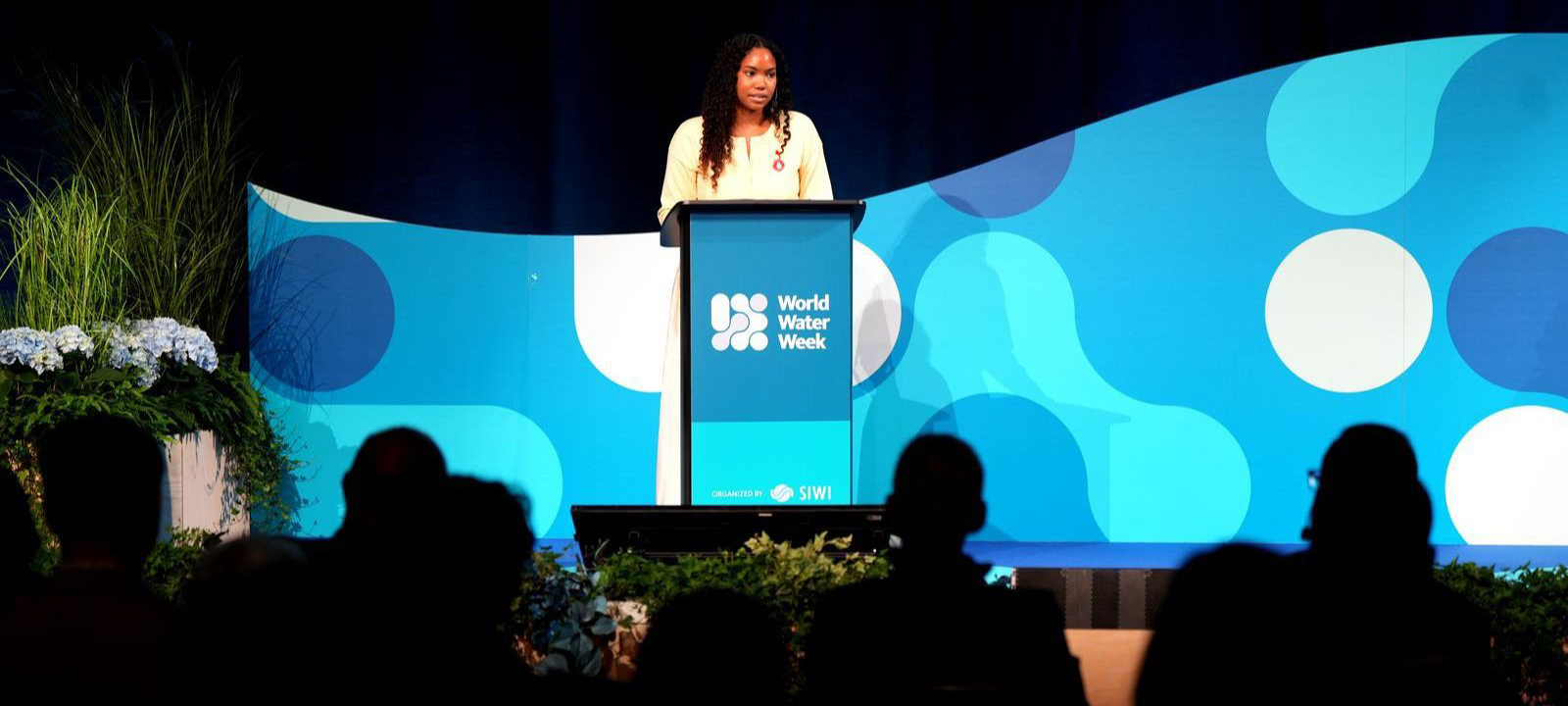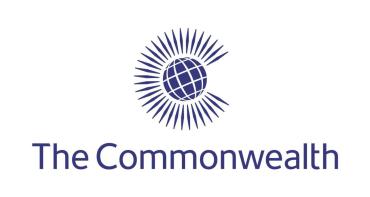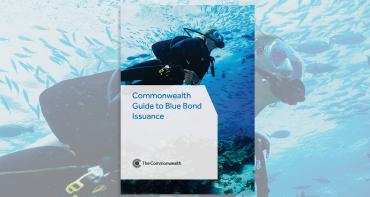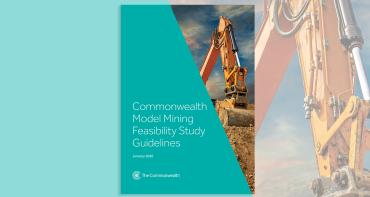Water plays a key role in development, human development as well environmental and climate resilience.
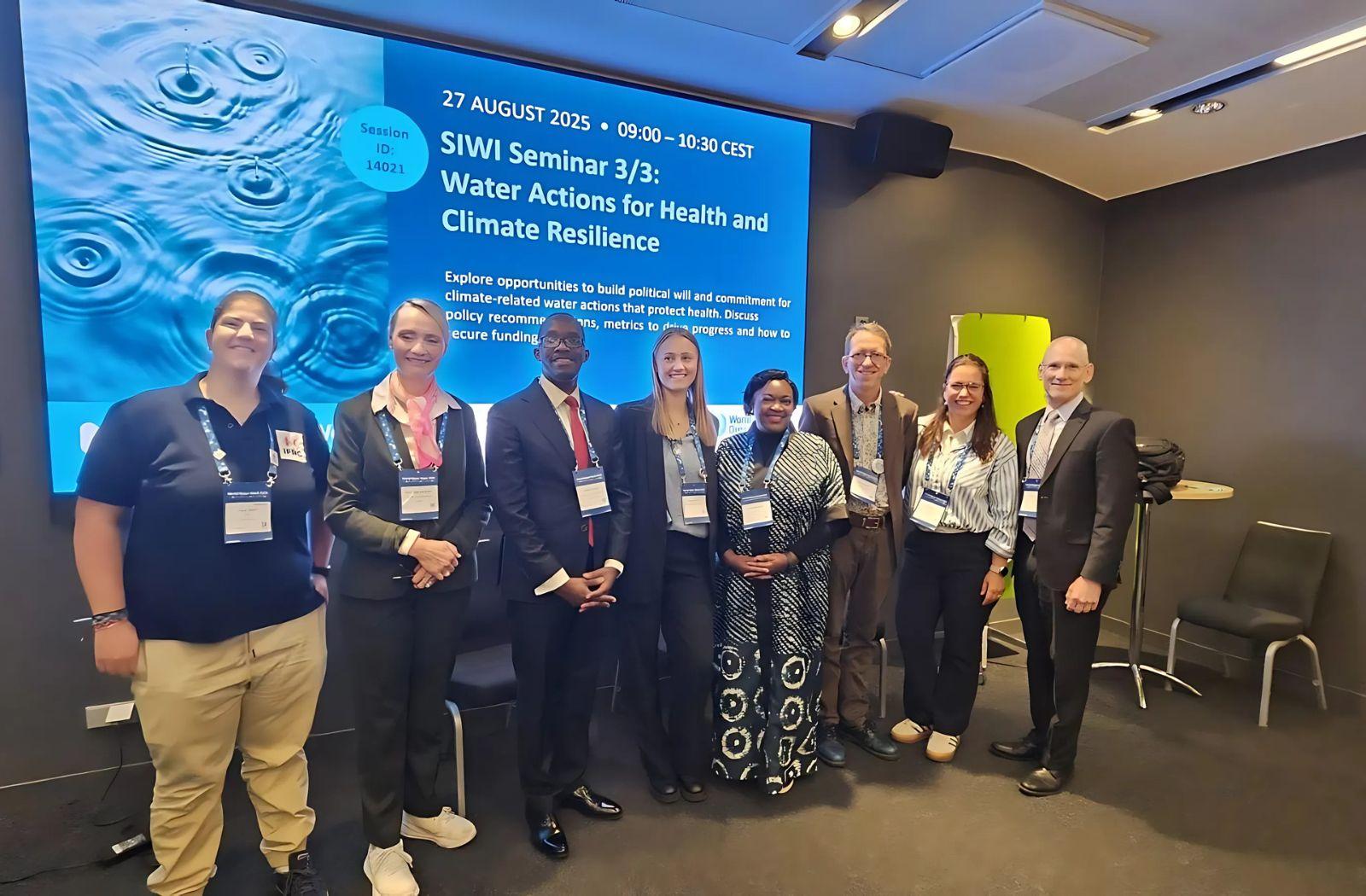
The Living Lands Charter, agreed by Commonwealth Heads of Government in Rwanda in 2022, recognises the importance of water early in the document, acknowledging ‘that land, including its waterbodies, is both a source and sink of greenhouse gases and supports billions of people for their food, livelihoods, and wellbeing’.
In August, World Water Week, an annual conference on global water issues, attracted a passionate audience to Stockholm to discuss the use and management of this precious natural resource under the theme ‘Water for Climate Action’.
For the Living Lands team, the conference represented a good opportunity to connect with this important audience ahead of COP 30 in November, advocate for joined-up action, inform and align with the organisation’s Strategic Plan, which will guide its work until 2030.
In addition to participating in the week-long event, the team from the Commonwealth Secretariat hosted three events during the conference. The events were held in partnership with Amref Health Africa, the International Federation of Red Cross and Red Crescent Societies (IFRC), the Ministry of Foreign Affairs of the Netherlands, UNICEF and the World Health Organization (WHO).
Mxolisi Sibanda, Adviser in the Climate Change section, thanked his partners for supporting the Commonwealth and spoke of the importance of addressing environmental issues holistically.
Mr Sibanda said:
“There is a long tradition of strong environmental stewardship and leadership demonstrated throughout the history of the Commonwealth, and our Living Lands Charter recognises that there are interlinkages between many of the issues that we face. For this series of seminars at the World Water Week, we chose to focus on the link between water, climate change and human health.
“The events laid bare the scientific evidence for the linkages, on-going impact, policy and implementation opportunities and challenges. With participants we discussed solutions such as more integrated programming, coordinated policy, financing and developing a cadre of professional networks in this important area. As the Commonwealth Secretariat, we also connected with partners, countries and stakeholders who will help us tackle these interconnected issues.”
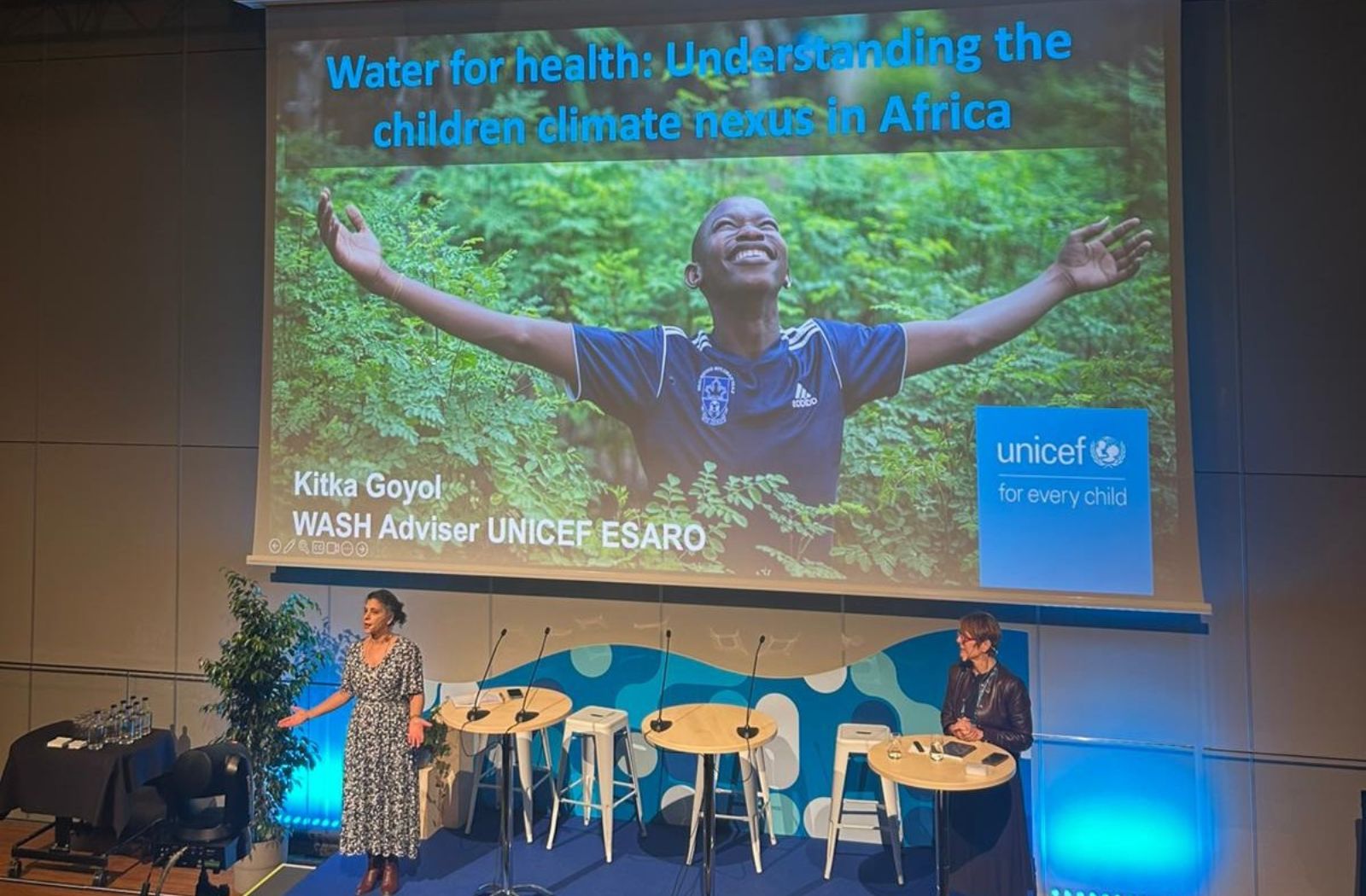
An inclusive approach
World Water Week also prioritised hearing from Indigenous Peoples, something that the Secretariat has long championed. Last year, the Secretariat released a film featuring the work of Guyana’s Iwokrama International Centre for Rainforest Conservation and Development, which debuted at COP29. At that event, the importance of amplifying the voices of Indigenous People throughout the development process was strongly articulated.
In Stockholm, that message was clear. At the event’s first high-level panel focusing on Indigenous leadership and stewardship, Kay Blades, a Mandandanji woman who grew up on the banks of the Balonne River in Australia, declared: “My voice matters. Nothing about us, without us.”
Also highlighted at the conference were youth voices and innovations. Among the Secretariat’s youngest experts, Elyse Blondell, an Intern on the Living Lands programme, acted as the moderator for one of the Secretariat’s events and contributed to another panel.
Niklas Ruf and Jana Spiller from Germany received the prestigious Stockholm Junior Water Prize 2025 for their work on developing a scalable flood warning system for small streams. Young people from Commonwealth countries also submitted entries for the competition, with Divyasri Kothapalli from the United Kingdom receiving the People’s Choice award.
Collaboration is crucial
The water ecosystem represented at the conference is immense. This year, the organisers estimated that they would have an in-person and virtual audience of over 15,000. As water science, policy and practice issues were discussed, the attendees included development partners, academicians, private sector representatives, government officials, donor agencies and other stakeholders.
Water is a key priority under the Commonwealth’s Living Lands Charter, which is in the process of establishing a Thematic Working Group for Water & Soil, with Malta leading the water agenda. This initiative reflects the urgent need to support member countries facing persistent drought, dangerous flooding and the effects of desertification, and their knock-on effects, from infectious disease to food and water contamination.
